To date, Greece has been one of the most successful countries in responding to the coronavirus pandemic, so much so that there have been extensive reports in the international media about the country’s impending reopening to tourism.
Following the effectiveness of its measures to contain the virus’ spread, Greece is winning potential tourists over, foreign outlets report. Likewise, officials across the EU have declared that they see the country as a possible vacation destination for their citizens this summer.
According to German newspaper Bild, “Hope for this year’s vacation comes from Greece.”
Another German newspaper, Die Zeit, notes that Greece has managed to contain the pandemic and is now winning over prospective tourists, thanks to the measures taken by the government which were some of the strictest in Europe. It notes that hotels are scheduled to reopen in July, adding that mention has also been made of extending the tourism season until October or November.
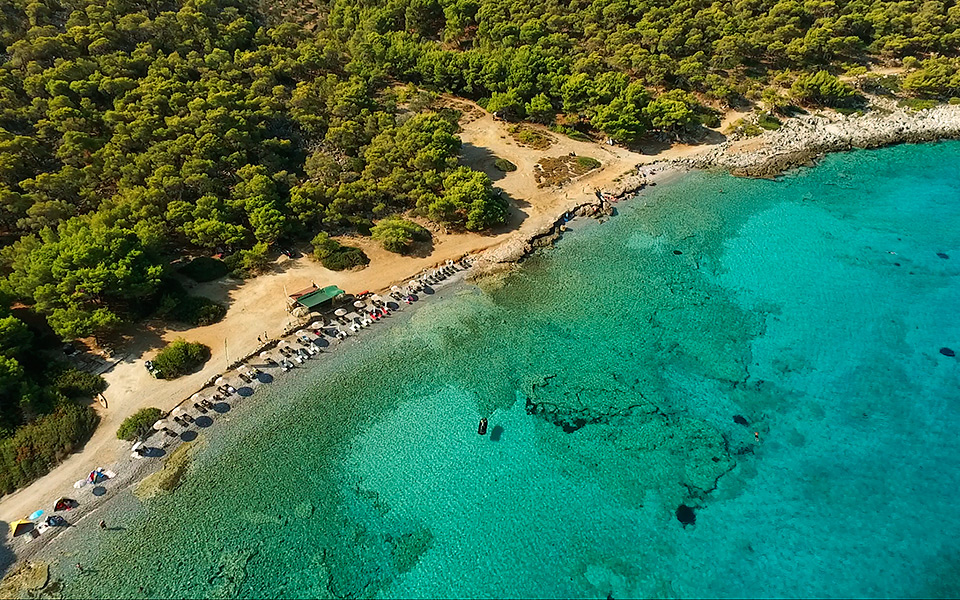
In the Die Zeit article, the head of the tourism giant TUI Germany, Marek Andryszak is quoted as saying: “There are fewer coronavirus cases in Greece than in other European countries, and this is why the government wants to get tourism going as soon as possible. We are currently examining how to assure a safe stay for tourists in every hotel, and how the guests will be treated – even taking into consideration the possibility of an outbreak.”
Andryszak does point out, however, that this will only take place after domestic travel restrictions are lifted and Germans are again allowed to come and go freely from their country.
The article adds that the Greek government has appointed a special committee to hammer out the details of an action plan with tourist groups such as TUI and DER Touristik; the plan foresees measures that include providing hotels with disinfectant products and prohibiting large gatherings, both on beaches and around swimming pools.
Statements by the Greek Minister of Tourism Harry Theocharis are also included, as is a comment by Minister-President of North-Rhine Westphalia Armin Laschet, who considers Greece, France and Holland as likely popular summer vacation destinations among Germans this year; conversely he doesn’t believe that travel outside of Europe in 2020 will be possible.
The French and Dutch governments are beginning to ease restrictive measures, and Greece has already presented them with a plan for the summer vacation season; meanwhile, according to a statement from Laschet quoted in the Bild article, things are also looking better for Mallorca, which currently has only a small number of cases. That article also outlines Greece’s detailed plan for the tourism industry, and declares that German hopes regarding summer vacation lie in traveling to Greece.
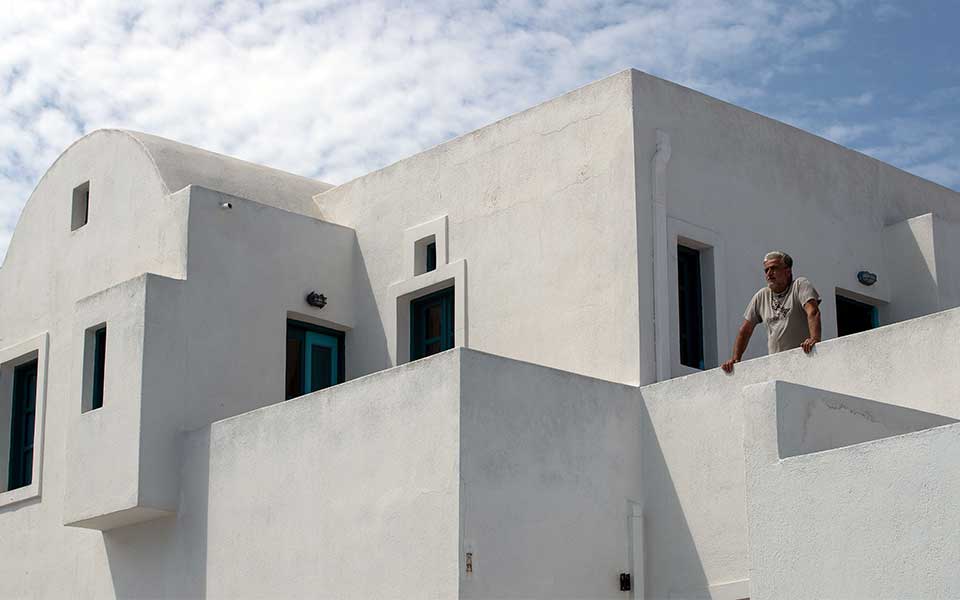
Thomas Bareiss, Germany’s Federal Government Commissioner for Tourism and Parliamentary State Secretary at the Federal Ministry for Economic Affairs and Energy, also considers Greece a top destination for Germans this summer, highlighting the favorable developments to date regarding the pandemic situation in the country.
“If the Covid-19 crisis continues to develop in this way,” Bareiss is quoted as saying in a Tagesspiegel article, “we can safely envisage summer vacations in Germany and nearby European countries where the number of Covid-19 cases is also decreasing. We have opened discussions on the matter with governments.”
Bareiss mentioned Austria, France, Belgium, Poland and Holland, which are all accessible from Germany by car, before going on to say “But I would not discard other regions in Europe just yet, like, for example, the Balearic archipelago or the Greek islands.”
Meanwhile the Austrian chancellor Sebastian Kurz spoke on the radio regarding deliberations about the opening of borders and the prospects for tourism, noting that “Greece truly stood out in the battle against coronavirus” and stating that Austria is interested in allowing its citizens to visit only those countries that are “safe.”
The British newspaper The Sun mentions that, during this year’s “quarantine holidays,” families traveling to Greek hotels will have their own designated sun loungers and tables. The newspaper jokes that in all likelihood this news will not be well received among British tourists, who are known to run out of their rooms early every morning to claim the loungers they feel are most ideally placed.
This article also examines a scenario in which the hotel staff would continue to provide clean towels and sheets but leave the guests to make the beds and tidy up their own rooms, and in which hotels would operate at a 50% capacity and on a restricted schedule for breakfast, lunch and dinner, with all buffets abolished.
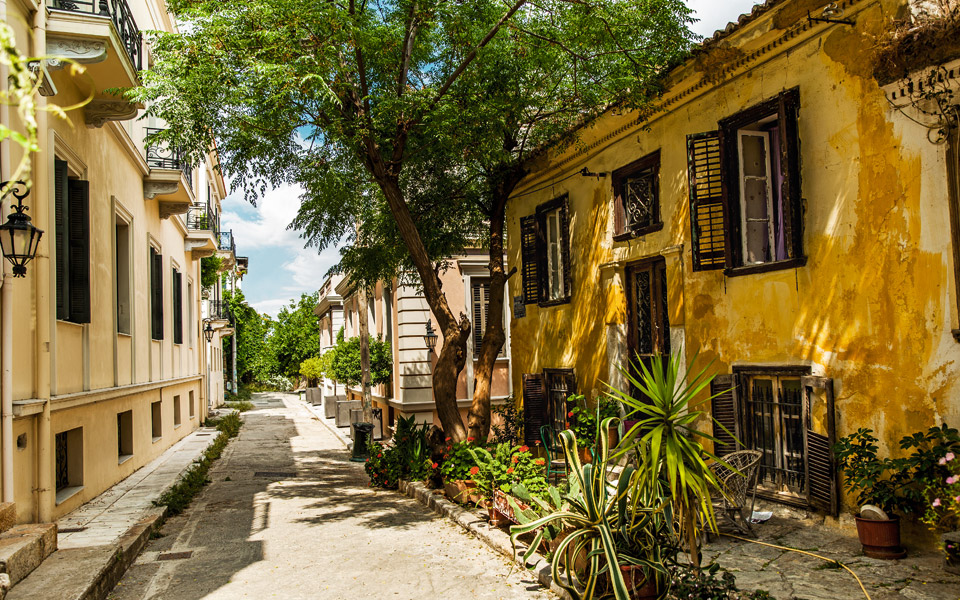
Another British newspaper, The Telegraph reported that governments of a few popular European destinations such as Greece, Sardinia and the Balearic islands are officially considering an “immunity passport” which would be issued to people having passed an antibody test; these passports would facilitate safe entry of tourists into those countries.
The article points out that the only way for this passport system to remain effective would be to link it with the soon-to-be-launched coronavirus tracking app.
The news agency Bloomberg quoted the Greek Minister for Shipping and Island Policy Ioannis Plakiotakis, who said “Greece is ready to transport tourists on ferries to its islands.”
As soon as tourists are allowed to enter the country, he says, “We have a protocol in place for ferries in Greece that will allow for the protection of passengers and the crew and their safe transport.”
The Belgian Le Soir reported that the Greek government wants to relaunch tourism on July 1, citing a statement by Minister of State Georgios Gerapetritis.
Le Figaro interviewed the French TV show host Frederic Chesneau, who opened a restaurant on Paros four years ago. “A number of my friends and acquaintances who travel to Spain or Italy every summer have asked me about Greece,” Chesneau said. “They all saw how serious Greece was in approaching this crisis, and they feel comfortable planning their vacation there.”
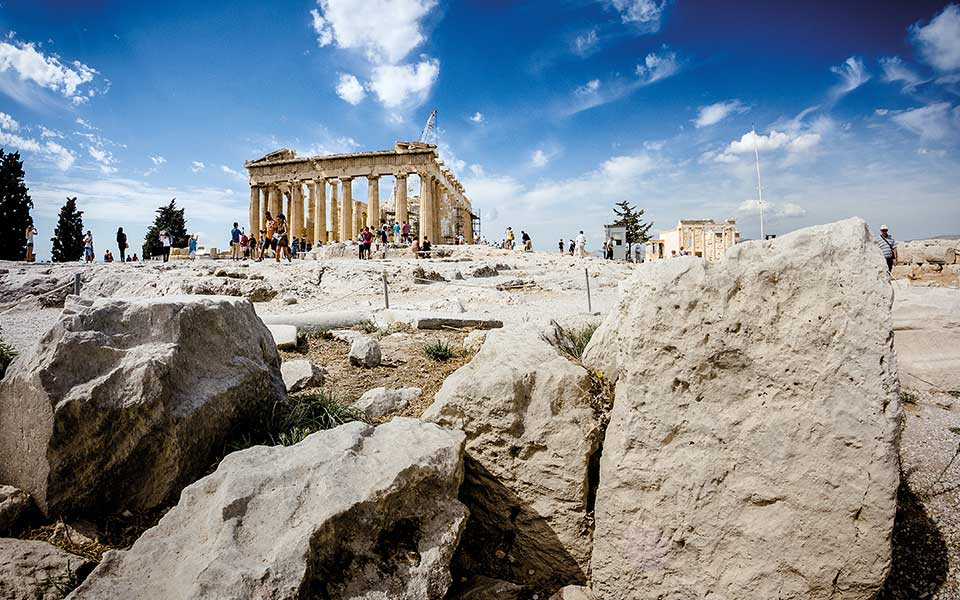
In an article on the island of Santorini, Reuters news agency reported that “Businesses on Greece’s most popular holiday island are adopting all kinds of hygiene measures, anxious for the season to start.” It mentioned a beach bar where plexiglass screens have been installed around the sun loungers, and quoted hotel owner Panagiotis Loutos, who said “We are going to be ready in 10 days; that is the only thing that is sure.”
Another item from Reuters reported that the Acropolis will reopen on May 18 and that Greek Minister of Culture Lina Mendoni has said that museums will begin operating again halfway through June, and outdoor cultural events should resume around mid-July.
Agence France Presse (AFP) has reported in detail on the measures taken by the Greek government for the country’s reopening to tourism, highlighting the fact that the country has fared better to date during the pandemic than its EU neighbors, as restrictive measures were imposed earlier.
An extensive article by Lauren Sloss titled “The First Signs of Travel’s Return?” and published on the New York Times website – which has 3.2 million subscribers – refers to actions taken by 10 top tourism destinations around the world in parallel with a gradual lifting the restrictive measures taken to curb the pandemic.
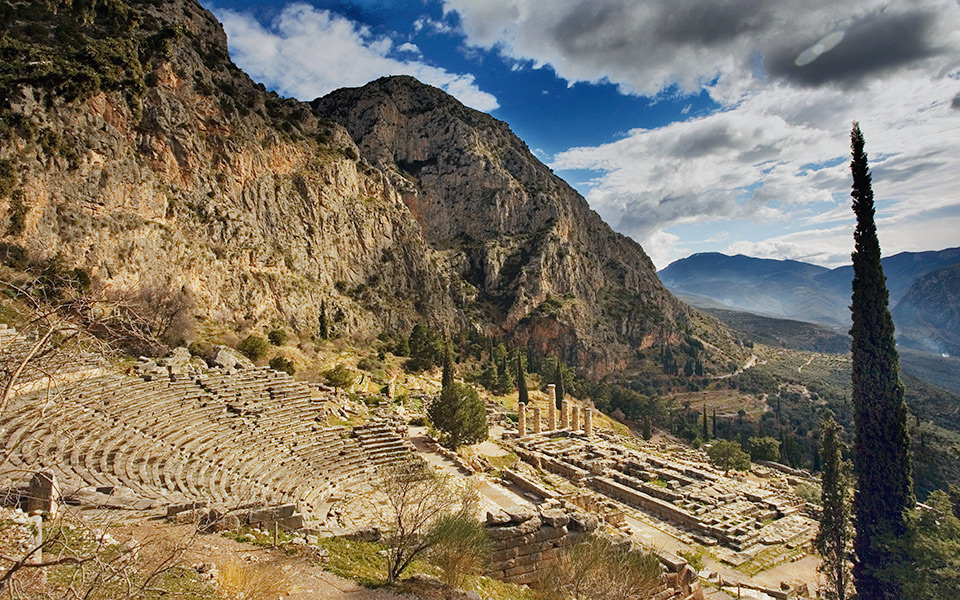
Among those top destinations is Greece; in Sloss’ article, Greece is praised for its fast reaction and for the measures that were taken before the virus had time to spread extensively, helping the country to avoid the worst.
The first phase of Greece’s two-month re-opening plan began on May 4 when a small number of shops and services began operating again; by May 18, most stores will have reopened, at which time further steps will be announced. Restaurants and hotels should start operating again on the first of June, with new rules and guidelines.
“How will they open safely?” Sloss asks, and then answers: “In addition to maintaining a gradual cadence of openings over the next one to two months, there are no plans to resume sporting events, festivals, concerts or other large, crowded gatherings. According to a government presentation on the easing of restrictions, May and June will be dedicated to a coordinated return to a ‘new normal’ with continuous monitoring, while the focus in July and beyond will be on sustaining the ‘new normal’ yet remaining alert, while simultaneously preparing for a second wave in the fall.”
The passage on Greece in the article is accompanied by a panoramic photograph of Delphi’s archaeological site, with a caption that stresses how the country’s economy depends largely on tourism.
“Coronavirus: Greece and Croatia acted fast, now need to save summer” is the title of an article published on the BBC website on May 4, which states that “the [Greek] government moved well before the virus reached its shores… An ad-hoc scientific committee was set up with top epidemiologists, virologists and infectious disease experts.” The article goes on to look at how the country would be moving towards a gradual loosening of restrictive measures.
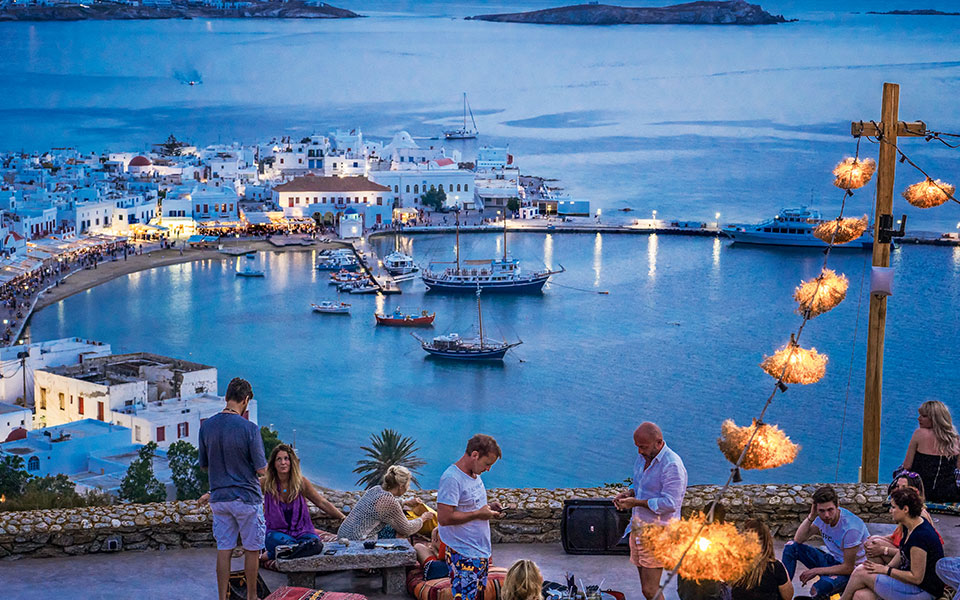
Regarding tourism, the article cites Greek Minister of Tourism Harry Theoharis’ ‘motto’ that “Greece is coronavirus-safe” but adds his assurance that Greek scientists are nevertheless examining health requirements for visitors.
How these visitors will reach Greece is also addressed in the article: “With big questions over when holiday flights will resume, Greece, too, is initially looking for tourists who can reach the country by road. It is currently focused on getting the EU to set common rules that would allow people to travel for holidays. But if there is no consensus, Greece is prepared to go it alone, in order to ‘open up our economic activity as soon as possible and in a health-wise manner’, says Mr Theocharis.
‘We will first see domestic tourism, then tourists from neighbouring countries, and then middle-distance countries and long-distance ones. Traveling by road will be safer initially than flying and we’ll see that kind of tourist earlier.’ ”
The UK newspaper the Guardian released an article reporting that low-cost airline Wizz Air plans to resume flights to Portugal and Greece. “Wizz Air has said it will restart holiday flights from Luton Airport… to Greece in July, in the hope that Covid-19 travel restrictions will be lifted.”
Flights into Greece will land in Corfu, Irakleio (Heraklion), Rhodes and Zakynthos. The airline has introduced new safety rules which include “compulsory face masks for passengers and staff as well as gloves for crew, to make people feel more confident about flying.”
On May 8, the newspaper The Times added an article on its website titled “Plan now, go later — how the party island of Mykonos came of age” which reports that the Cycladic island, which used to draw the most famous celebrities, is now going back to its roots, thanks to “rustic hotels” that have recently opened there.
“Few Greek islands have reinvented themselves quite as dramatically as Mykonos. Since the 1950s, it has been transformed from the humble habitat of farmers and fishermen to a summer playground for celebrities and the super-rich – Bella Hadid and Leonardo DiCaprio among them,” the article states, adding that “Mykonos does luxury better than almost anywhere else in Greece.”
The article, written by Fiona Sims, concludes: “But times are changing. Again. And the island –known for its sunbed-packed, bass-thumping beach bars, crowded old town and popularity among clubbers – is dialing things down a bit and, if you like, growing up.”
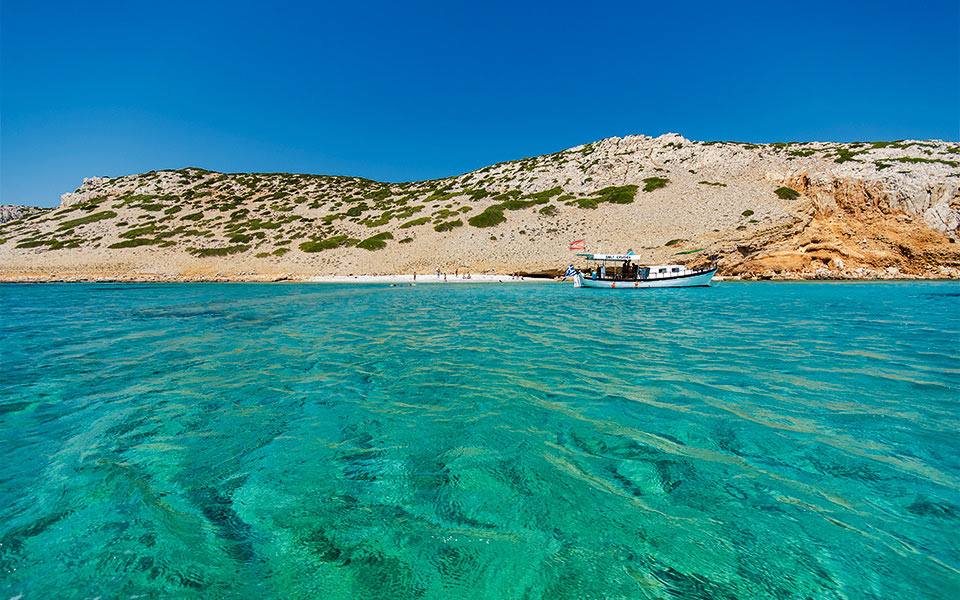
“The summer season will not be lost,” said George Dimas, head of Greece, Iceland, Lapland at TUI Destination Experiences, in an article published by the Athens News Agency – Macedonia Press Agency that sees the increase in traffic on the TUI Group’s website as evidence of the public’s continued interest in traveling to summer destinations.
“We keep selling holiday packages for summer 2020 and winter 2020/21 in all countries the group operates in,” Dimas said. “The summer of 2021 is already available for booking on most of our markets, including the UK and Germany.”
Dimas also mentioned that TUI is joining efforts with partners in popular travel destinations in order to prepare for a smooth pickup after the restrictions are lifted on both the travel markets and the travel destinations. He said that TUI has been working with hotel owners to come up with specific sanitary protocols and requirements so that everyone is prepared for the day after the travel advisories are lifted.
“We are in permanent contact with our partners in travel destinations, to plan actions that will prepare us for the increase in demand and sales boost in all European countries. By resuming our business activities, we will be able to offer the best product to our customers again.”
ANA– MPA